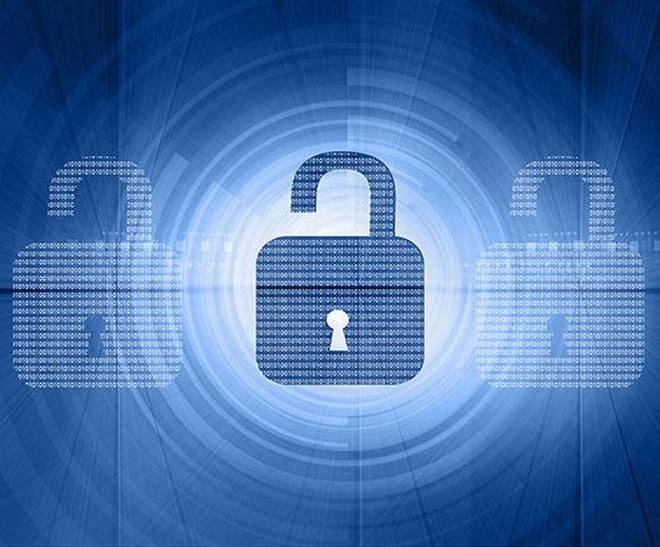Live Classes

The Centre must fully cooperate with the inquiry instituted by the SC on spyware use
The Supreme Court order instituting an independent probe into the possible use of Israeli spyware Pegasus is an effective intervention to protect citizens from unlawful surveillance, as well as a stern rebuff to the Government’s attempt to cover up the issue by using the bogey of ‘national security’.
It was clear from day one, following the revelations that nearly 300 of some 50,000 phone numbers allegedly identified for surveillance belonged to Indians, that the Government would choose to brazen it out rather than hold or facilitate a credible inquiry. Ultimately, its tactic of sticking to a blanket denial of any wrongdoing, without acknowledging whether or not the spyware was available to government agencies, failed. The 46-page order by a Bench headed by the Chief Justice of India, N.V. Ramana, stands out for the enunciation of two clear principles:
1. Direct surveillance of someone or even spying on someone's knowledge is immoral and illegal because this surveillance affects the way a person exercises his rights.
2. The government cannot every time plead for prohibition of judicial review of cases in the name of national security.
The Court deemed unacceptable the Government’s refusal to shed any light on a controversy that involves possible violation of citizens’ rights and made it clear that national security considerations cannot be used by the state “to get a free pass”. The Court has approached the issue as one that raises an “Orwellian concern”, recognising that intrusive surveillance not only violates the right to privacy but also has a chilling effect on the freedom of the press.
Download pdf to Read More